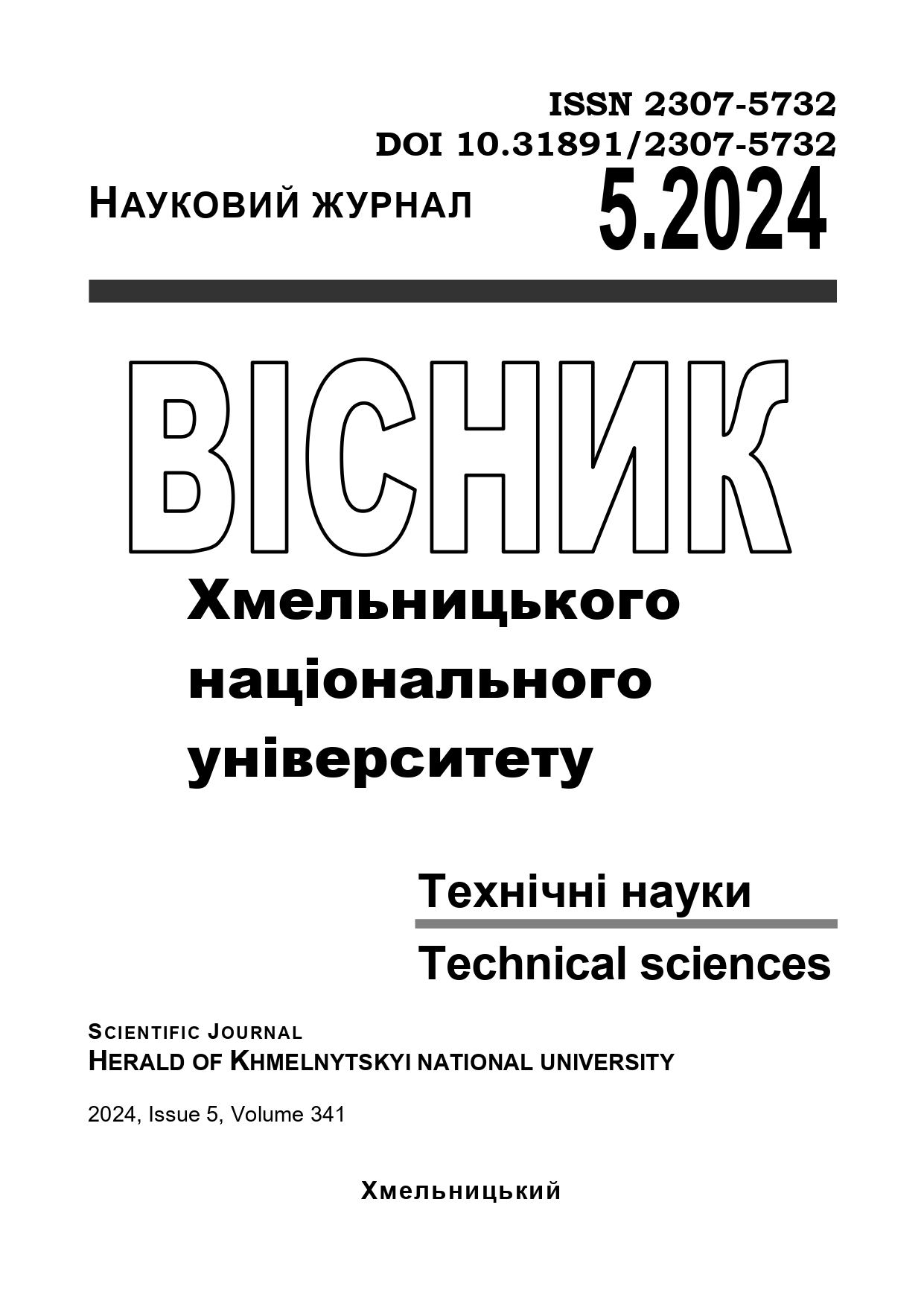РЕГЕНЕРАЦІЇ РЕНІЮ ІЗ ВИКОРИСТАННЯМ СИЛЬНООСНОВНИХ АНІОНІТІВ
DOI:
https://doi.org/10.31891/2307-5732-2024-341-5-47Ключові слова:
реній, аніоннообмінні смоли, рециклінг, ступінь вилуговуванняАнотація
Під час війні та у післявоєнний період важливою прикладною задачею є переробка лому військової техніки та регенерація дороговартісних металів, зокрема ренію. Актуальність роботи обумовлена стратегічним значенням цього металу для оборонного комплексу України, оскільки сплави на його основі характеризуються надзвичайно високими фізико-механічними властивостями і використовуються в якості конструкційного матеріалу в газотурбінному обладнанні авіаційної техніки. В представленій роботі розроблено методику вилучення та концентрування ренію із розбавлених складних розчинів, одержаних при утилізації відпрацьованих ренійвмісних матеріалів. Вилучення ренію з розчину проводилось за допомогою відпрацьованих сильноосновних аніонітів Amberlite HPR 550 та Amberlite IRA 402 зі стирольнодивінілбензольною матрицею. Використані в роботі сильноосновні аніоніти застосовуються на вітчизняних атомних електростанціях для знесолення води. Після часткової втрати обмінної ємності такі аніоніти стають не придатними для використаннія за цільовим призначенням і підлягають утилізації. Водночас ці аніоніти зберігають сорбційні властивості і можуть бути використані для селективного вилучення перренат-аніону із розчинів вилуговування лому суперсплавів. Сорбційні властивості аніонітів досліджено із використанням модельних розчинів, одержаних при вилученні ренійвмісних сполук із відпрацьованих матеріалів дослідницької роботи, та розчинів вилуговування лому лопаток турбін авіаційних двигунів, який містив 3,49% ренію. Досліджені аніоніти показали високу селективність по відношенню до уловлювання ренію. Подальша переробка аніонітів з сорбованим перренат-аніоном полягала у пірометалургійній обробці за присутності вапна. Запропоновано оптимальні умови спалювання суміші аніоніт(після сорбції)-вапно. Масове співвідношення аніоніту і вапна становить 1:4. Розкладання такої суміші проводиться за температури 900 °С протягом 4 годин. За цих умов відбувається розкладання стирольнодивінілбензольної матриці аніоніту і вивільнення перренату кальцію. Ступінь вилучення ренію, проведеного за запропонованою методикою, становить близько 97%, що дозволяє рекомендувати застосування сильноосновних відпрацьованих аніонітів для селективного виділення ренію та одержанням сполук ренію високої чистоти.

